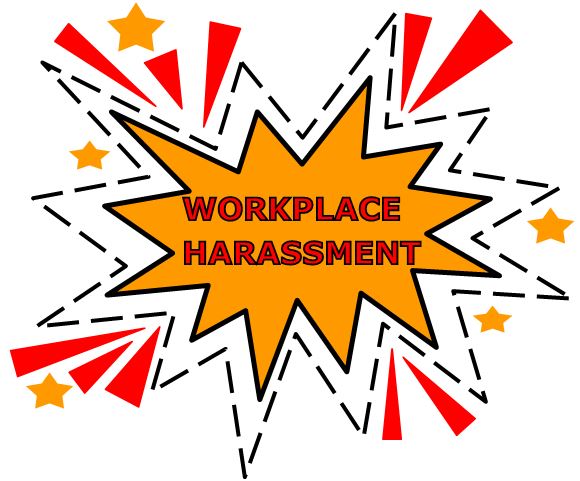
Harassment Prevention
May 17, 2019
Workplace Violence
June 4, 2019You’ve got mail … and it’s from the federal government – never a good feeling! The Social Security Administration (SSA) has resumed sending employers “no match” letters (Employer Correction Request) when at least one employee’s name and social security number on a filed W-2 form doesn’t match SSA records. More than 575,000 employers have already received such a notice this year. What should you, as an employer, do if you received one of these letters?
First, understand that most discrepancies are easily corrected and that you cannot and should not penalize the employee. Many discrepancies are caused by something as simple as a transposed or wrong number; inconsistency in the name on the W-2 form and Social Security card (sometimes as the result of a change in marital status), or other incorrectly reported information.
If you receive a “no match” letter:
- Register with the SSA’s Employer Report Status within Business Services Online (socialsecurity.gov/bso/bsowelcome.htm) to determine which employee(s) have a discrepancy between the W-2 form and the government’s records.
- Review the employee information that you have on file to determine if the discrepancy is a data-entry error that can be corrected using From W2-C within 60 days of receipt of the letter.
- If the discrepancy is not due to a data-entry mistake, you must notify the employee about the “no-match” letter and ask that they confirm the name and Social Security number (SSN) in your employment records.
- The employee is responsible for contacting the SSA to correct their information within a reasonable period of time and should provide proof that this has been done.
- It is NOT necessary to have the employee complete a new Form I-9 (Employment Eligibility Verification).
Although there is no legal penalty for employers who do not respond to “no match” letters in a timely manner, addressing mismatch issues is likely to be seen as evidence of good faith in this era of heightened immigration enforcement and identity theft. In addition, helping SSA correct its database also ensures that payroll taxes are properly reported to individual accounts for future benefits.
An HR professional can help you with all of your human resources needs, from hiring the right employees, running background checks, creating employee handbooks that include anti-harassment policies and procedures, managing employee performance, staying legally compliant, automating employee records, and anything else you need to create an environment where employees can provide the services that you need to run your business.


